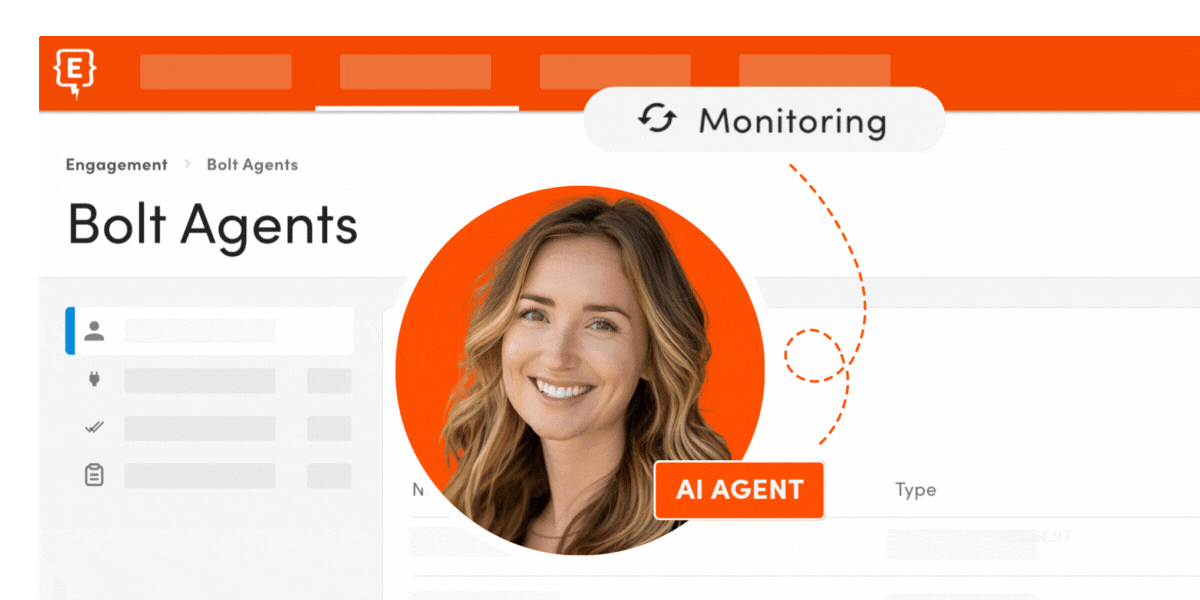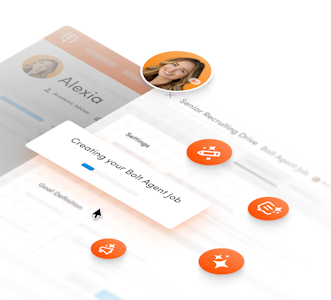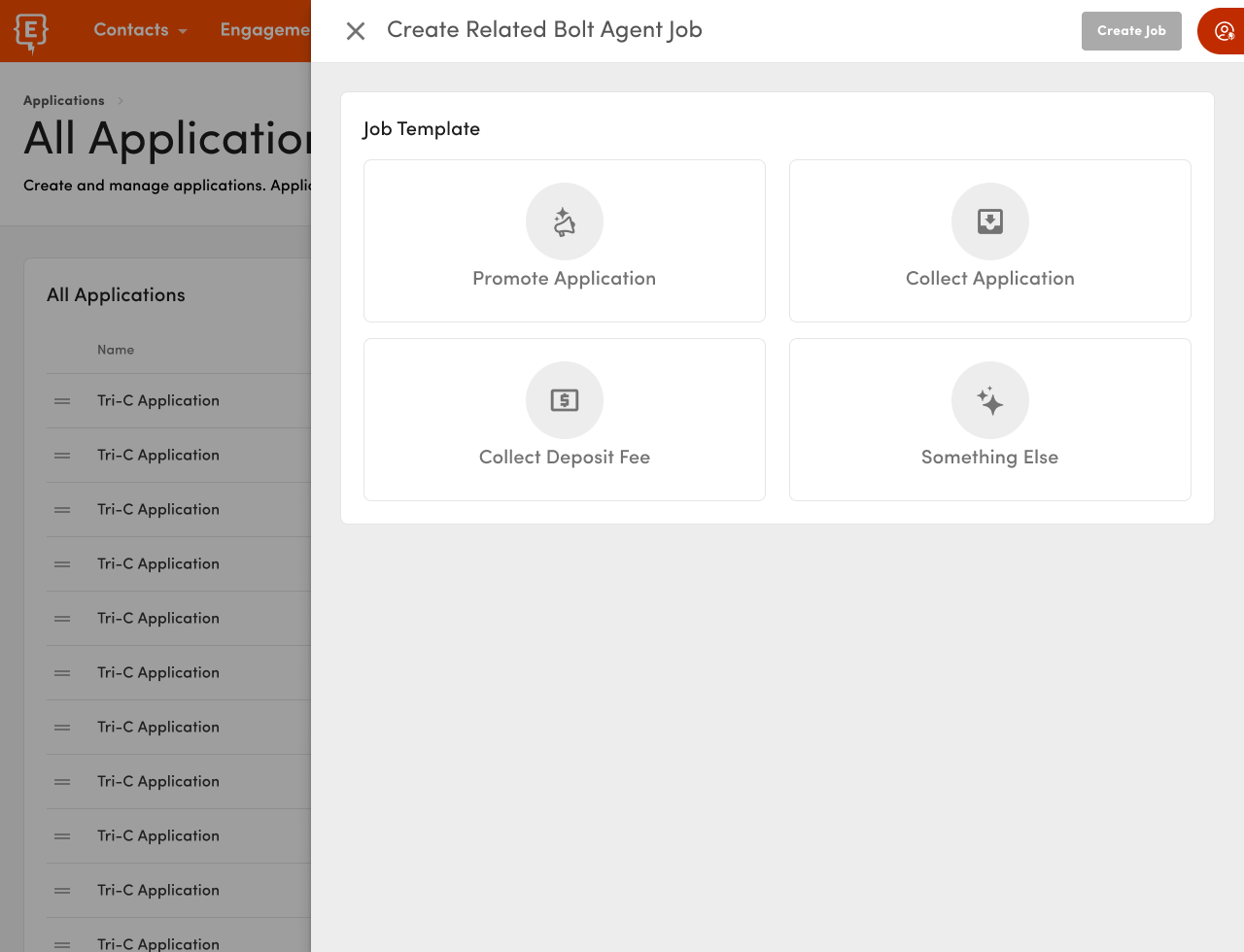6 Ways AI Revolutionizes Data Literacy in Higher Ed
by Rita Winthrop · Updated Sep 13, 2024
Data plays a crucial role in decision-making, performance assessment, and improving student outcomes, particularly in higher education. However, the sheer volume and complexity of data can often overwhelm educators and administrators, hindering their ability to harness its true potential. AI is the game-changer that is transforming the way higher education staff become more data literate and make data easier to digest.
In this blog post, we explore 6 ways AI empowers educators, streamlines data analysis, and unlocks new insights to foster data-driven excellence in higher education.
1. Interactive Data Visualization: A Window to Insightful Analysis
AI-powered data visualization tools serve as powerful allies for higher education professionals, unlocking the potential of data and turning it into a source of inspiration and knowledge. They offer user-friendly interfaces and visually engaging displays, such as appealing charts, graphs, and dashboards that are easy to digest and understand.
These tools empower educators to harness the full potential of data analytics and make well-informed decisions that positively impact their institutions and the students they serve.
2. Natural Language Processing (NLP): Conversations with Data
Educators no longer need to be proficient in programming languages or database querying to extract valuable insights from datasets. AI-driven NLP empowers higher education staff to interact with data through everyday language, in a natural and intuitive way.
By simply asking questions in plain language, higher education professionals can receive accurate and relevant responses, just as if they were engaging in a conversation with a knowledgeable data expert. NLP bridges the gap between humans and data, making data literacy accessible to all.
3. Personalized Learning Analytics to Support Students
One of the key benefits of personalized learning analytics is the ability to tailor interventions to meet the unique needs of each student. Instead of employing a one-size-fits-all approach, educators can leverage data-driven insights to design targeted interventions that address specific areas of improvement.
Whether it's providing additional resources, offering extra support, or customizing the learning path, these personalized interventions can significantly enhance student success rates and overall satisfaction.
Personalized learning analytics also help create a more proactive educational environment. Instead of waiting for students to seek help when they encounter challenges, educators can proactively reach out to struggling students based on the insights provided by the analytics.
4. Predictive Analytics: Anticipating Student Needs
At the heart of predictive analytics lies the analysis of vast amounts of historical data and patterns. By leveraging this wealth of information, educators gain valuable insights into student behavior, academic performance, and engagement. Armed with this knowledge, they can identify students who might be at risk of dropping out or facing academic difficulties before these challenges escalate.
Beyond individual student support, predictive analytics also plays a crucial role in informing broader institutional strategies. By identifying trends and patterns in student data, higher education professionals can make data-driven decisions that positively impact the entire institution. This includes refining academic programs, optimizing course offerings, and identifying areas where additional resources and support may be needed.

Maximizing Enrollment Success
Unravel the power of predictive analytics and machine learning in higher education enrollment management with our white paper. Real examples from colleges and universities will guide you toward optimizing your admissions and enrollment operations for maximum benefits.
Get the Guide
5. Ensuring Data Quality and Security
Data integrity is of paramount importance in higher education, as decisions affecting students, faculty, and staff rely heavily on accurate and reliable data. AI's ability to enhance data governance efforts ensures that the information accessed and analyzed is of the highest quality, fostering confidence and trust in institutional processes.
Beyond maintaining data accuracy, AI also plays a crucial role in protecting sensitive student information from cyber threats. Educational institutions often possess vast amounts of confidential data, ranging from academic records to personal information. AI-powered security measures are designed to be proactive in identifying and mitigating potential security risks.
Adaptive Learning Platforms: Tailoring Education to Individual Needs
At the core of adaptive learning platforms lies the ability to gather and process vast amounts of student data. By analyzing each student's learning patterns, progress, and preferences, these platforms gain valuable insights into how each student learns best. Armed with this information, educators can personalize the learning journey for each student, presenting them with content that aligns with their interests, challenges, and goals.
The personalized content recommendations provided by adaptive learning platforms ensure that students are engaged and motivated to learn. Rather than following a fixed curriculum, students can explore topics and materials that resonate with their interests, making the learning experience more meaningful and relevant. This individualized approach helps students take ownership of their learning and fosters a sense of empowerment in the educational process.
These platforms provide personalized content recommendations, assessments, and feedback, fostering a supportive and inclusive learning environment. Adaptive learning platforms empower educators to cater to diverse learning styles, maximizing student engagement and academic achievement.
Shaping the Future of Higher Education
As the landscape of higher education continues to evolve, AI emerges as a powerful ally in equipping educators and administrators with the tools they need to become more data literate and make data easier to digest.
From interactive data visualization to personalized learning analytics and predictive insights, AI's transformative impact fosters data-driven decision-making and student success. As institutions embrace AI-driven solutions, they unlock the full potential of data, driving excellence and innovation in higher education.
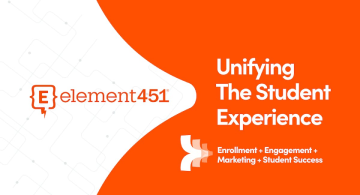
About Element451
Boost enrollment, improve engagement, and support students with an AI-driven CRM and agent platform built for higher ed. Element451 makes personalization scalable and success repeatable.
Categories
New Blog Posts
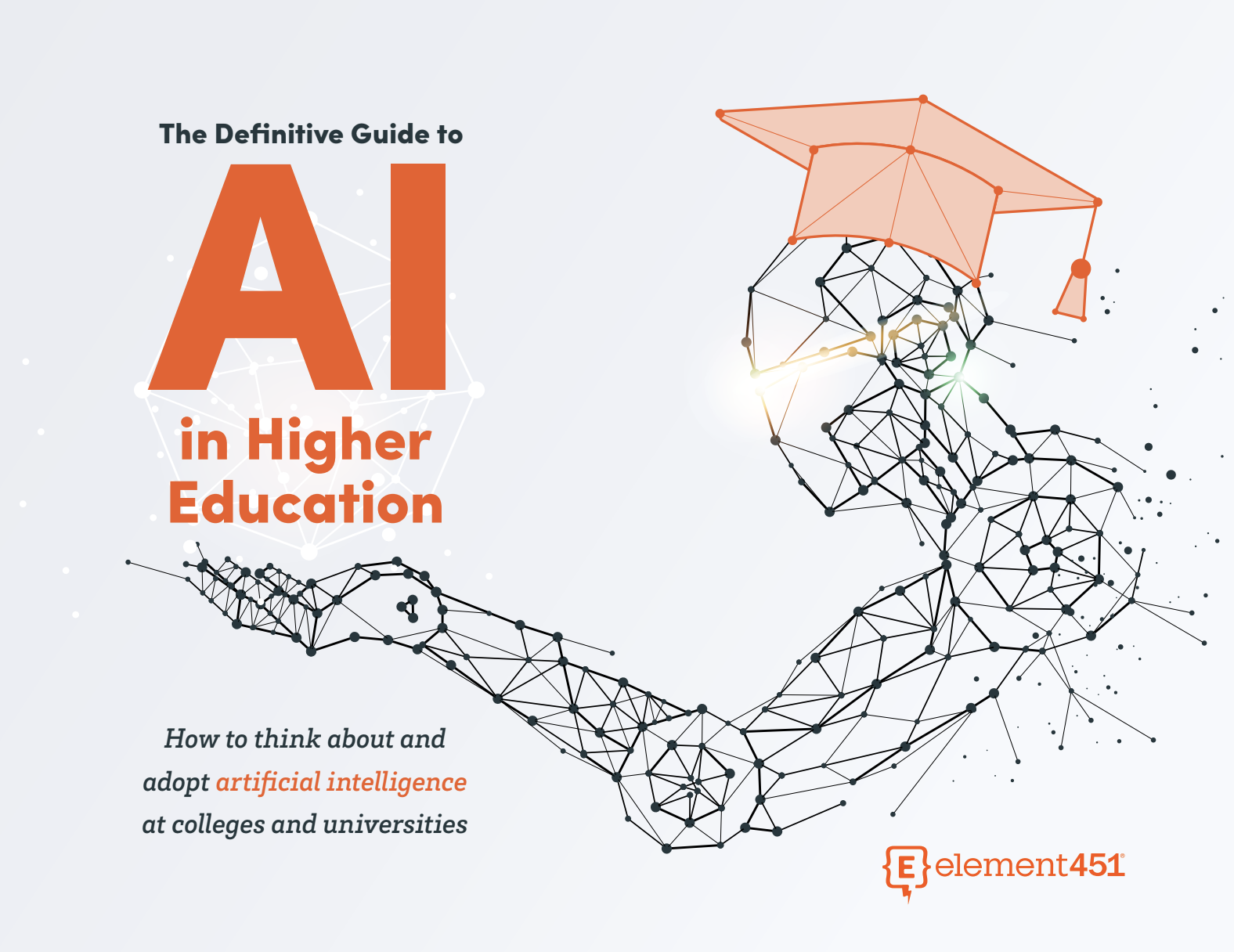
The Definitive Guide
AI in Higher Education
Bridge the gap between the latest tech advancements and your institution's success.
Useful Links
Related Articles

Talk With Us
Element451 is an AI-driven CRM and AI agent platform for higher education. Our friendly experts are here to help you explore how Element451 can improve outcomes for your school and students.
Get a Demo


